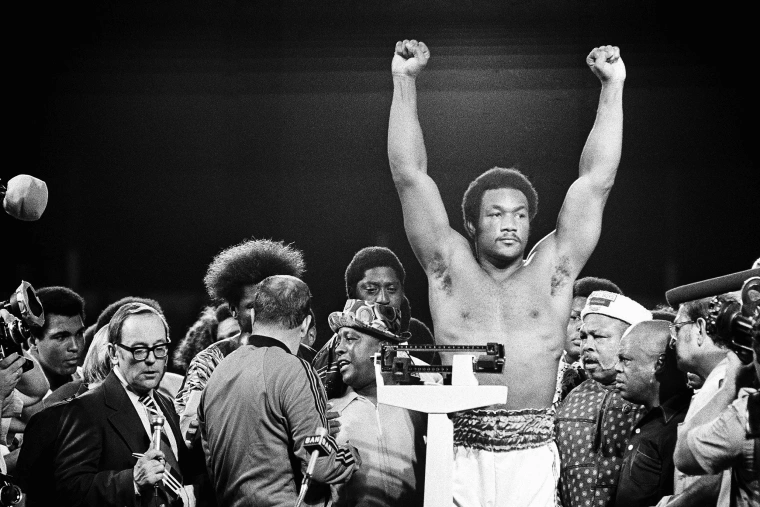
Boxing Legend and Infomercial Icon George Foreman Dies at 76
George Foreman, the two-time heavyweight champion whose name became just as famous in kitchens as in boxing rings, has died at the age of 76. His passing marks the end of an era — one that spanned sports history, business success, and pop culture influence that few athletes have ever matched.
Foreman’s story was one of relentless reinvention. After winning Olympic gold in 1968 and becoming heavyweight champion in 1973, he shocked the world by losing to Muhammad Ali in the legendary “Rumble in the Jungle.” He retired shortly after, only to stage one of the most incredible comebacks in sports history — reclaiming the heavyweight title at age 45, making him the oldest man ever to do so.
Outside the ring, Foreman transformed himself again, this time into a beloved entrepreneur and TV pitchman. The George Foreman Grill became a cultural staple, selling over 100 million units and earning him hundreds of millions of dollars. With his booming voice, warm demeanor, and infectious smile, Foreman became a household name to generations who never saw him box.
He was also a father to 12 children — five of whom he famously named George — and a man of deep faith, having become an ordained minister after a near-death experience in the late ’70s. That spiritual awakening led him to a life of service and positivity, even as fame and fortune continued to grow.
Foreman’s legacy is more than just knockouts and kitchen gadgets. He was a man who evolved publicly, owned his past, and used every chapter of his life to inspire others. From Olympic gold to global infomercial fame, George Foreman was more than a fighter — he was a symbol of reinvention, resilience, and redemption.